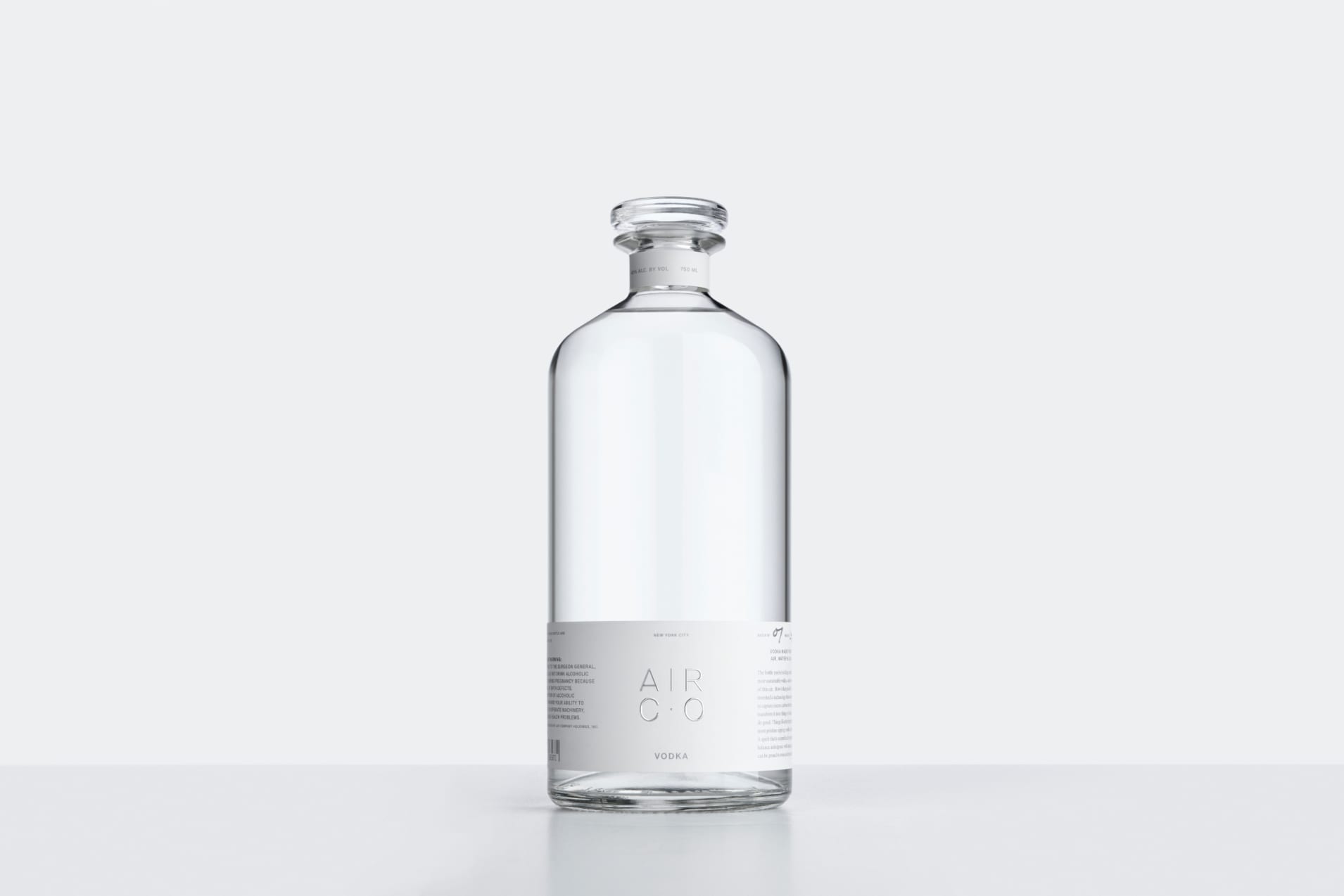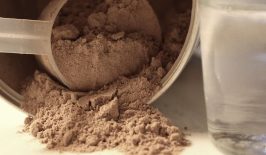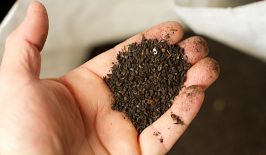Although we might not like to admit it, the mainstream alcohol business not only affects our bodies, but it also affects the environment – requiring large amounts of land, water and industrial processes to produce a wide variety of beverages. Throw in plastic packaging, global distribution and refrigeration, and you quickly realise every pint and shot you drink has added to the world’s carbon emissions.
However, Air Co., a high-tech start-up distillery from New York wants to change that. They have created a bottle of vodka from thin air, which not only boasts a high purity, but can also actively reduce the amount of carbon in the atmosphere.
Launched earlier this month, Air Co. vodka starts out life as nothing but air and water, with the distillation process taking inspiration from photosynthesis. In nature, plants convert carbon dioxide, water and sunlight into sugars which allows the plant to grow and carry out other functions. The only byproduct of this process in oxygen, which is released into the atmosphere. Air Co.’s vodka is produced in a very similar fashion. Their technology first takes normal water and splits it into oxygen and hydrogen using electricity. Next the hydrogen is combined with carbon dioxide in a special catalyst container (the carbon dioxide is sourced from nearby factories) which results in a mixture of water, oxygen and ethanol. The concoction is then distilled, leaving behind only the alcohol. What’s more, the entire process is powered by solar energy.
Is Booze Bad for the Environment?
Air Co. co-founder Gregory Constantine claims each bottle of their vodka absorbs as much carbon dioxide as eight fully grown trees. Additionally, their vodka also avoiding many of the environmentally damaging components of traditional vodka, such as the requirements for grains, potatoes or wheat. Not only do these products require vast amounts of land and water to produce, the requirement to transport them – often over long distances – contributes to carbon emissions and environmental damage. Additionally, these emissions are being created to produce beverages not essentially to human survival, compounding their impact.
Distilled spirits such as rum and vodka are particularly damaging. According to the Food Climate Research Network, beer makes up 80.5 percent of alcohol consumption by volume and contributes around 62 percent of alcohol emissions, while wine makes up 16 percent of consumption, but contributes 27 percent of emissions. Spirits, however, make up only 3.5 percent of consumption, but add 6.7 percent to global alcohol emissions. So although beer contributes the most overall, spirits are – bottle for bottle – more damaging to the environment.
According to Fast Company, each bottle of traditional vodka produces about 5.8 kilograms of carbon, while Air Co.’s carbon-hydrogen blend actually removes 500 grams of carbon for each bottle produced.
Currently, Air Co. vodka is only available at a select few outlets in New York City, with plans to expand further in 2020. The company is also not limiting itself to drinking alcohol, and believes it could use its process to create ethanol for other uses, such as fragrances and cleaning products. The price point of 65 USD a bottle could potentially put off some vodka-lovers however, coming in at almost three times more expensive than most popular mainstream brands. Despite this, the idea has been enough to grab the attention of major players, with NASA and the UN having invested in Air Co.’s carbon converting system.
And of course, most importantly of all, how does it taste? CNBC gave it a swig and described it as “like your average vodka”.
Air Co. is not the first company to look at air as a resource for more complex end products. Already we have heard of carbon being captured and turned into products such as proteins, ink and fuels.






